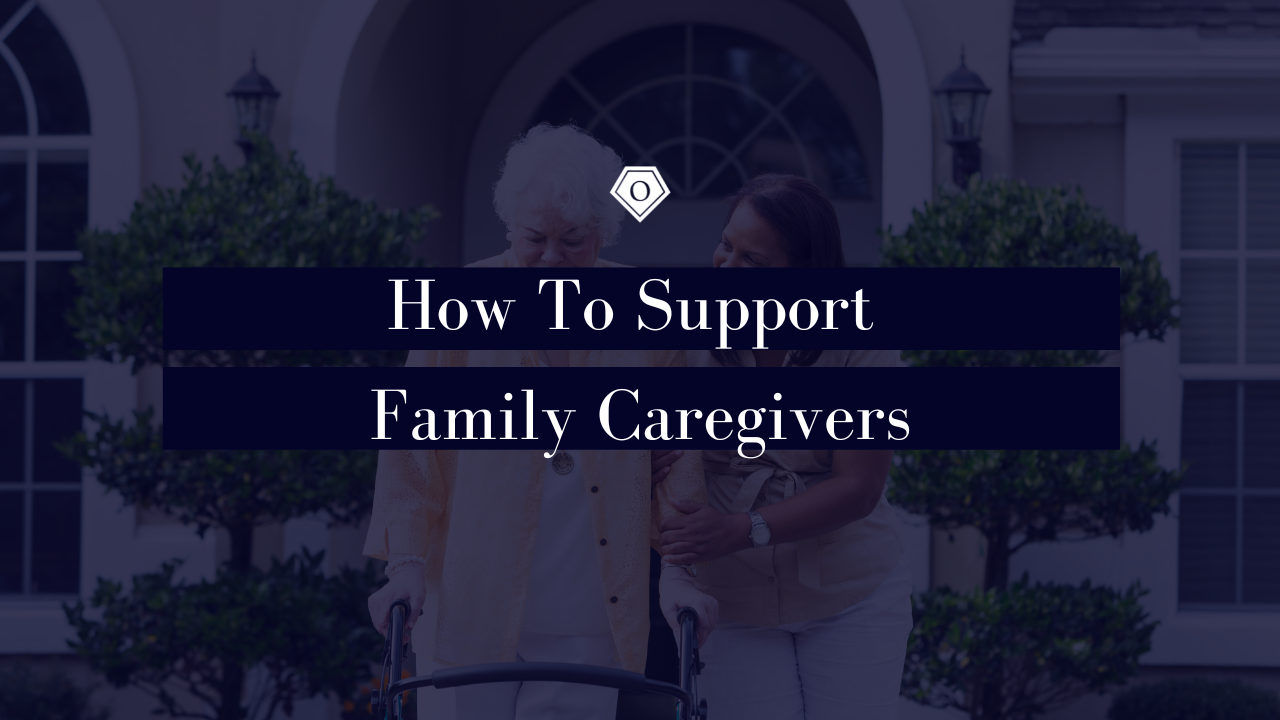Being a family caregiver is an immensely challenging and emotionally taxing role. It requires selflessness, patience, and an unwavering commitment to the well-being of a loved one. Family caregivers often face a daily juggling act, balancing their own needs, responsibilities, and personal lives with the demands of providing care. Caring for a family member with a chronic illness, such as Alzheimer’s disease, can be particularly difficult, as it involves watching a loved one’s gradual decline and witnessing the loss of cherished memories and abilities.
The physical and emotional toll of caregiving can lead to stress, exhaustion, and feelings of isolation. It’s a role that rarely allows for a break, and the constant need for vigilance and care can weigh heavily on the caregiver’s well-being. Nonetheless, the love and dedication that family caregivers demonstrate in their role are truly admirable, and they deserve our utmost respect, support, and recognition for the invaluable work they do.
Ways you can provide assistance and support to family caregivers:
- Offer Respite: One of the most practical ways to support a family caregiver is to offer respite care. Give them a break by taking over caregiving duties for a few hours or a day. This break allows caregivers to recharge and take care of their own needs.
- Provide Emotional Support: Be there to listen and offer emotional support. Caregivers often need to vent their feelings and concerns. Be a compassionate and nonjudgmental listener.
- Help with Household Chores: Assist with daily tasks, such as cooking, cleaning, grocery shopping, or yard work. Even small contributions can be immensely helpful and alleviate some of the caregiver’s responsibilities.
- Stay in Touch: Regularly check in with the caregiver to show you care and are available to help. Loneliness and isolation can be common for caregivers, so staying connected is important.
- Accompany Them to Appointments: Offer to accompany the caregiver and their loved one to medical appointments or support group meetings. It provides emotional support and helps with communication and understanding.
- Educate Yourself: Learn about Alzheimer’s disease and caregiving so that you can better understand the challenges the caregiver is facing. This will also enable you to provide more informed assistance.
- Assist with Administrative Tasks: Help with paperwork, such as insurance claims, bills, and medical records, as these can be overwhelming for caregivers.
- Offer Financial Assistance: If you are in a position to do so, consider providing financial support or helping with fundraising efforts to cover caregiving expenses.
- Arrange Social Opportunities: Encourage and organize social interactions for the caregiver, such as outings, visits with friends, or hobbies they enjoy.
- Support Self-Care: Encourage the caregiver to prioritize self-care. Offer to help them find time for relaxation, exercise, or activities they enjoy.
- Respect Their Choices: Caregivers may make decisions you disagree with, but it’s important to respect their choices. Offer advice, but ultimately let them make decisions for their loved one’s care.
- Stay Informed About Resources: Be proactive in finding resources and support services for the caregiver. Share information about local support groups, respite care programs, or relevant organizations.
- Be Patient and Understanding: Caregiving can be emotionally and physically draining. Be patient and understanding when the caregiver is feeling overwhelmed or stressed.
- Celebrate Achievements: Acknowledge the caregiver’s efforts and celebrate their achievements, no matter how small. Positive reinforcement can boost their morale.
- Offer to Be On-Call: Let the caregiver know you are available for help in emergencies or at any time when they need assistance.
- Show Appreciation: Express your gratitude and appreciation for their dedication and love in caring for their loved one.
Family caregivers often wish that other family members could fully understand the profound physical and emotional toll of their caregiving experience. They hope loved ones can appreciate the sacrifices, sleepless nights, and endless responsibilities that come with their role. Caregivers long for acknowledgment and understanding of their daily struggles and the isolation they sometimes feel. They wish that family members would proactively offer support, share their responsibilities, and communicate openly about the challenges they face. Above all, caregivers desire empathy, recognition, and the assurance that they’re not alone in their caregiving journey. Understanding and support from their family can significantly ease the burden and make the caregiving experience more manageable and less lonely.
Remember that support for a caregiver is an ongoing process, and consistency in your support can be significant to them. Offering your help and being there for them can make a difference in their caregiving journey.
Supporting family caregivers is crucial, but it’s equally important to be sensitive to their needs and boundaries.
Things people should avoid doing when supporting family caregivers:
- Judgment: Avoid passing judgment or offering unsolicited advice on the caregiver’s decisions or caregiving methods. Caregivers are doing their best, and criticism can add to their stress.
- Minimize Their Challenges: Don’t downplay the caregiver’s challenges or suggest that what they’re going through is easy. Caregiving can be incredibly difficult, and minimizing their experiences can be hurtful.
- Overburden with Advice: While advice can be helpful, overwhelming the caregiver with information and suggestions can be counterproductive. Always ask if they’re open to advice before offering it.
- Assume They Don’t Need Help: Just because a caregiver hasn’t asked for help doesn’t mean they don’t need it. Offer support proactively, but respect their decision if they decline.
- Compare to Others: Avoid comparing the caregiver’s situation to others, such as saying, “My friend had it much worse.” Every caregiving situation is unique, and comparisons can invalidate their experience.
- Take Over Without Asking: If you want to help, ask the caregiver what they need assistance with rather than taking over their responsibilities without permission. Respect their autonomy and boundaries.
- Interrupt Rest or Free Time: Be mindful of the caregiver’s personal time and space. Avoid interrupting their rest or leisure activities unless it’s necessary.
- Overstay Your Welcome: When visiting, be mindful of the caregiver’s schedule and need for privacy. Don’t overstay your welcome or be a constant presence without their consent.
- Offer Empty Promises: Be cautious with offering help if you don’t intend to follow through. It’s better to offer sincere support or assistance that you can actually provide.
- Disregard Their Well-Being: Don’t solely focus on the care recipient’s needs while ignoring the caregiver’s well-being. They need care and support as well.
- Spread Gossip: Avoid discussing the caregiver’s personal or family matters with others without their consent. Privacy and confidentiality are important.
- Make Assumptions: Don’t assume you know what’s best for the caregiver or their loved one. Always ask and communicate openly about their preferences and needs.
- Forget to Express Appreciation: Caregivers need to feel appreciated and valued. Don’t forget to express your gratitude and acknowledge their efforts and dedication.
- Pressure for Decision-Making: Avoid pressuring the caregiver into making difficult decisions they’re not ready for. Offer guidance and support, but let them make choices at their own pace.
Supporting family caregivers should be a considerate and empathetic process. It’s essential to respect their autonomy, preferences, and emotional boundaries while offering genuine assistance and understanding.






